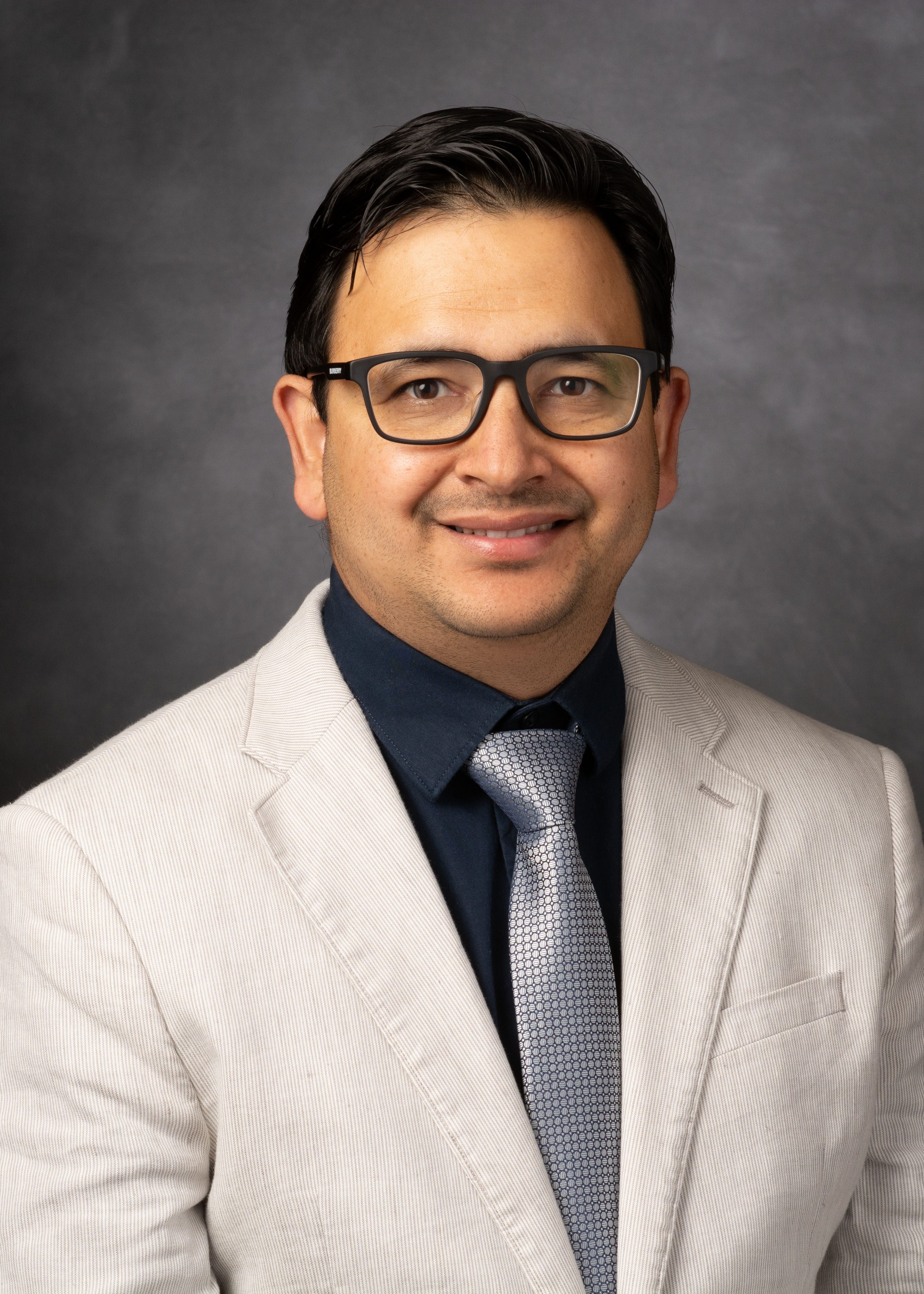
Rajneesh Pathania, DVM, MS, Ph.D., DACLAM
Department of Veterinary Medicine and Surgery, Division of Discovery Science
About Dr. Rajneesh Pathania
Dr. Rajneesh Pathania, DVM, MS, PhD, DACLAM, is an Assistant Professor and Clinical Veterinarian in the Department of Veterinary Medicine & Surgery at The University of Texas MD Anderson Cancer Center. He holds a PhD in Cancer Cell Biology from the Medical College of Georgia, Augusta University, where he focused on the epigenetics of cancer stem cells. His early fascination with cancer biology, particularly the role of tumor stem cells in cancer progression and metastasis, set the foundation for a career dedicated to advancing cancer research.
Dr. Pathania further honed his expertise during a research fellowship at the National Institute of Environmental Health Sciences (NIEHS/NIH), where his work on breast cancer stem cells. Dr. Pathania published in high-impact journals such as Nature Communications, Cancer Research, and Molecular and Cellular Biology. His research has contributed significantly to the understanding of cancer stem cell biology and its implications for metastasis and therapeutic resistance.
At MD Anderson, Dr. Pathania’s work primarily revolves around developing and refining mouse models for cancer research, including those for pancreatic cancer, breast cancer, leukemia, and prostate cancer. In addition to his research, he provides advanced surgical training and supports collaborations aimed at optimizing animal models for cancer studies. He also serves as a veterinary reviewer for the Institutional Animal Care and Use Committee (IACUC) and a member of the Institutional Biosafety Committee (IBC), ensuring ethical practices in animal research.
With a dual focus on animal welfare and cancer research, Dr. Pathania’s work bridges clinical veterinary medicine and translational cancer studies, contributing to both the humane treatment of research animals and the advancement of cancer therapies.
CV information above last modified September 09, 2024
